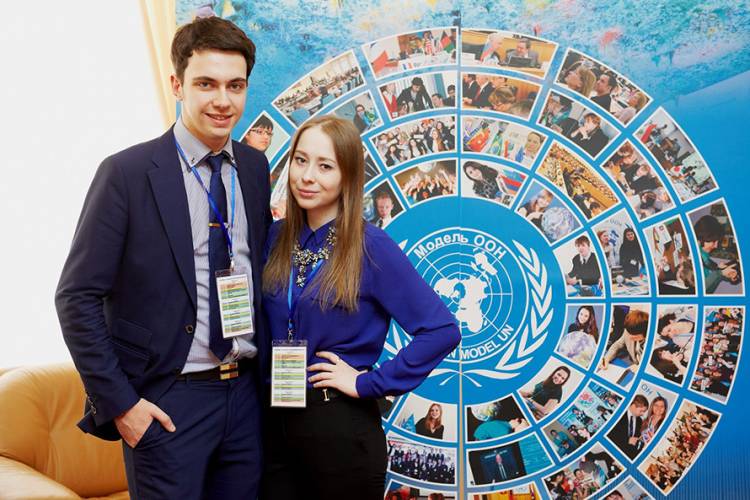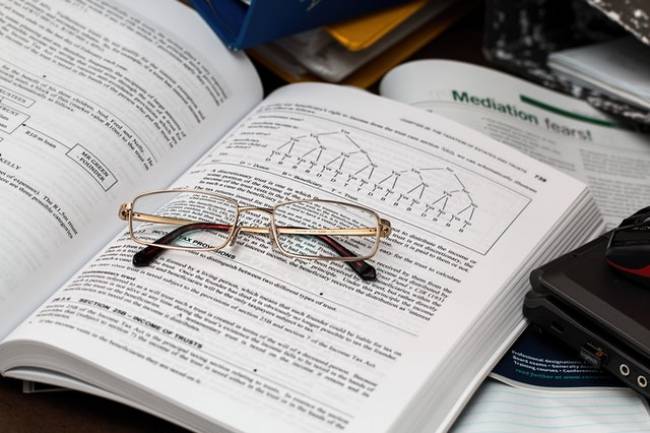
How To Become Political scientist In Russia
To become a political scientist in Russia, you typically need to follow these general steps:
-
Education: Obtain a bachelor's degree in political science or a related field. Look for universities in Russia that offer political science programs. Some well-regarded institutions for political science in Russia include Moscow State University, Saint Petersburg State University, and Higher School of Economics. Admission requirements may vary, so check with the specific universities for their application procedures.
-
Specialization: Choose an area of specialization within political science that interests you, such as comparative politics, international relations, political theory, or public policy. This will allow you to focus your studies and research on a specific aspect of political science.
-
Advanced Degree: Pursue a master's degree or a Ph.D. in political science. While a master's degree is often sufficient for many positions, a Ph.D. is usually required for more advanced research and academic positions.
-
Research and Publications: Engage in research activities and aim to publish your work in academic journals. This will help you develop expertise in your chosen area of specialization and increase your credibility as a political scientist.
-
Language Skills: Develop strong language skills, particularly in Russian and English. Political science involves analyzing and understanding political systems, policies, and events, both domestically and internationally. Being able to read and communicate effectively in multiple languages will be beneficial for your career.
-
Networking: Build a professional network by attending conferences, seminars, and workshops related to political science. Connect with professors, researchers, and other professionals in the field. Networking can open up opportunities for collaboration, research partnerships, and job prospects.
-
Internships and Work Experience: Seek internships or work opportunities that allow you to apply your political science knowledge in practical settings. This could include government agencies, think tanks, research institutes, or political organizations. Gain hands-on experience and develop practical skills related to policy analysis, data analysis, and research methodologies.
-
Stay Updated: Keep yourself updated with the latest political developments and current affairs in Russia and around the world. Stay informed about political theories, methodologies, and research trends within the field of political science.
-
Professional Associations: Join professional associations or organizations related to political science in Russia, such as the Russian Political Science Association. Membership in such associations provides access to resources, conferences, and networking opportunities within the field.
-
Career Opportunities: Explore various career paths available to political scientists in Russia, such as academic research, teaching, policy analysis, consulting, journalism, or working in government or international organizations. Tailor your job search to your specific interests and qualifications.
Remember that the steps outlined above are general guidelines, and the specific requirements or pathways to become a political scientist in Russia may vary. It's advisable to research and consult with academic advisors or professionals in the field to get the most accurate and up-to-date information.
Click Here To See More













